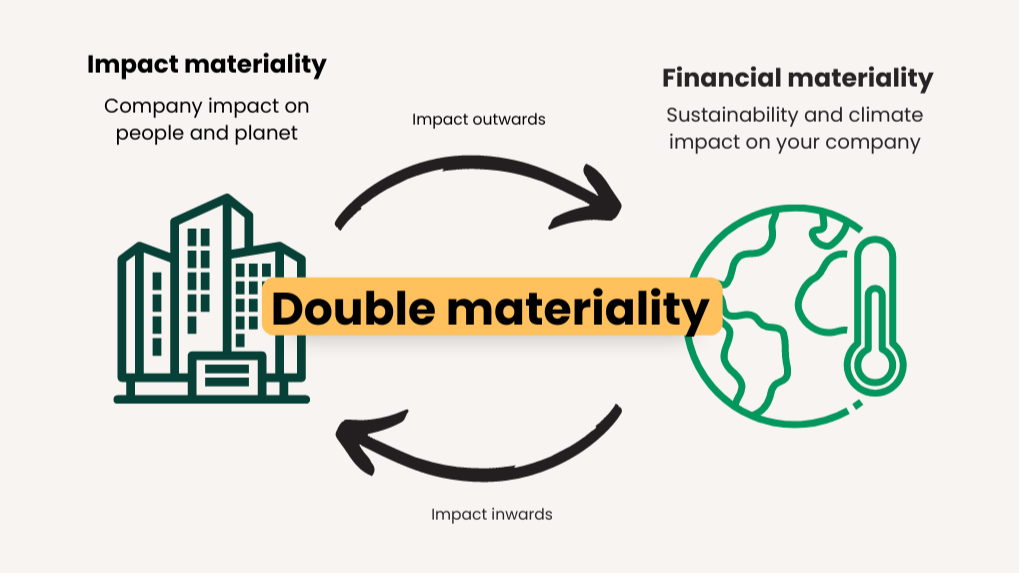In the corporate world, Environmental, Social, and Governance (ESG) performance is no longer a box to tick, it’s become a core part of how businesses operate, how they’re perceived, and how they grow. Yet, while ESG goals are widely embraced, many organizations still struggle with a fundamental question.
“How can we report ESG in a way that’s credible, comparable, and truly actionable?”
The answer? Life Cycle Assessment (LCA)
Understanding Life Cycle Assessment (LCA)
Life Cycle Assessment (LCA) is a comprehensive and systematic methodology used to evaluate the environmental impacts associated with every stage of a product’s life cycle from raw material extraction, production, and use, to disposal or end of life. By offering a holistic view of the product’s entire life cycle, LCA empowers organizations across various industries products, services, and businesses to identify environmental hotspots, optimize resource use, reduce waste, and make informed decisions that support sustainability objectives.
What’s the Problem with ESG Reporting Today?
While ESG frameworks are vital, they often lack of,
- Scientific standardization
- Reliable, quantifiable data
- Industry comparability
This creates a gap between intention and execution.
The Role of LCA in Enhancing ESG Reporting
Integrating LCA into ESG frameworks enhances the credibility, comparability, and comprehensiveness of sustainability reporting. Here’s how,
1. Comprehensive Environmental Insights
Traditional ESG reports often focus on isolated metrics, potentially overlooking significant environmental impacts. LCA fills this gap by assessing the entire life cycle of products or services, ensuring that all environmental aspects are considered. This comprehensive approach allows companies to identify areas for improvement and implement targeted strategies to reduce their environmental footprint .
2. Data-Driven Decision Making
LCA provides quantifiable data, grounded in international standards such as ISO 14040/44, facilitating more transparent and trustworthy disclosures. This data-driven approach enables organizations to set measurable sustainability goals, track progress, and make informed decisions that drive continuous improvement .
3. Mitigating Greenwashing Risks
In the age of information, stakeholders are increasingly skeptical of unsubstantiated sustainability claims. LCA offers scientifically backed data, reducing the risk of greenwashing and enhancing stakeholder trust. By transparently communicating environmental impacts, companies can build credibility and strengthen their brand reputation .
4. Regulatory Compliance and Competitive Advantage
With the advent of stringent regulations like the EU’s Corporate Sustainability Reporting Directive (CSRD), organizations are compelled to provide detailed accounts of their environmental impacts. LCA serves as a robust foundation for meeting these regulatory requirements, ensuring compliance and avoiding potential penalties. Moreover, companies that proactively adopt LCA can gain a competitive edge by demonstrating leadership in sustainability .
Incorporating Life Cycle Assessment into ESG reporting transforms sustainability from a reactive obligation into a proactive strategy. It empowers organizations to not only meet compliance standards but also to lead in innovation, efficiency, and stakeholder engagement. As the business world continues to grapple with environmental challenges, LCA stands out as a vital tool for those committed to making a meaningful impact.
In short, LCA brings science, transparency, and precision into ESG reporting.





Companies often neglect to have written standards and policies around their cybersecurity. Why? Because dozens of them are usually needed, covering everything from equipment management to backup procedures, admin credentialing, remote work policies, and so much more. But it’s well worth the effort.